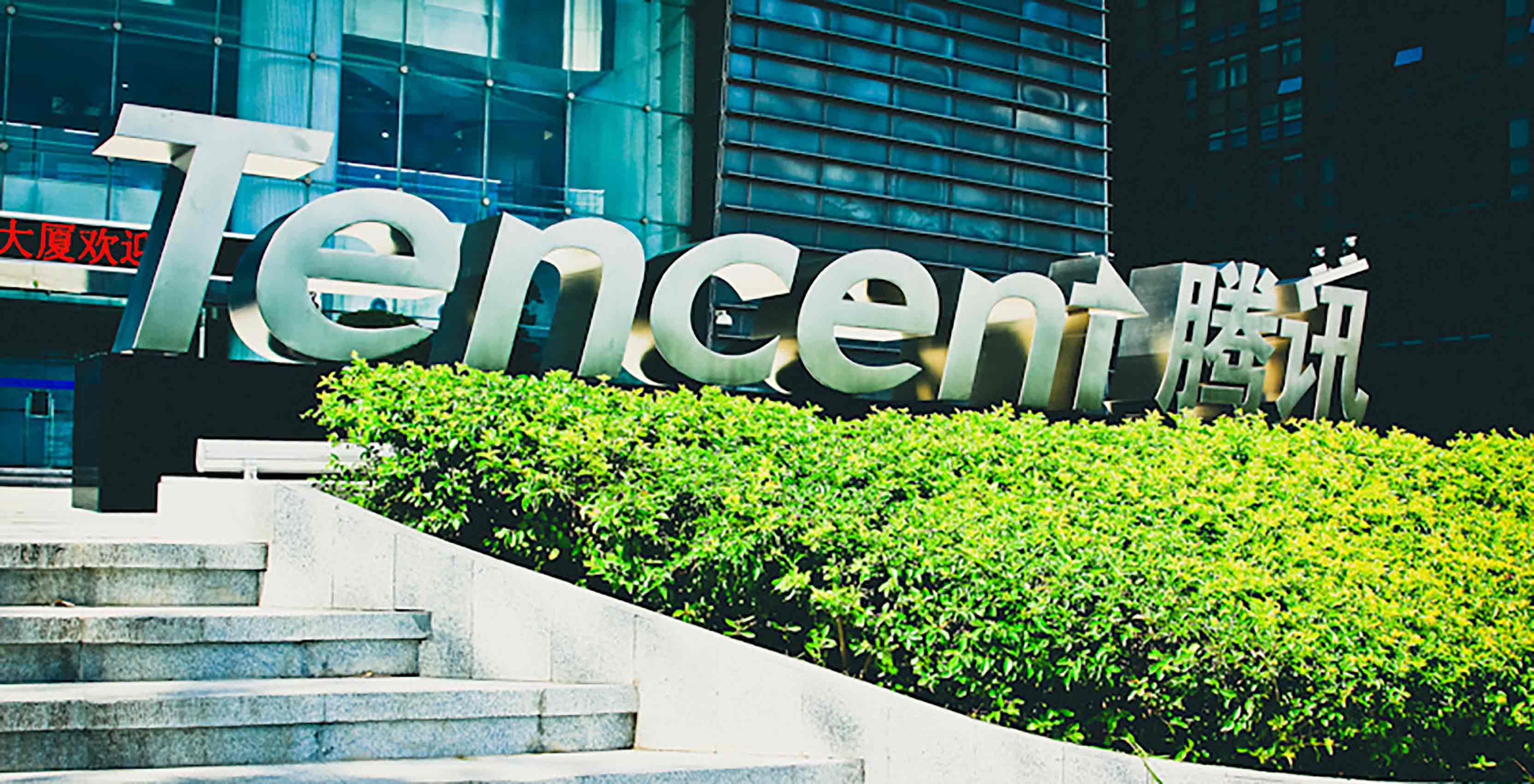Tencent is to step up its efforts to expand its payment service WeChat Pay to the United States, an executive at the Chinese technology giant told CNBC, hinting at more merchants coming on board later this year.
WeChat Pay allows users to show stores a barcode on their smartphone via the Tencent-owned WeChat messaging app. The shop scans the barcode, allowing a user to pay for an item or service with a Chinese bank account. WeChat has over 1 billion users and around 800 million of them use the WeChat Pay function.
Tencent has focused on expanding the payments service abroad, but it has stopped short of trying to create a local version of WeChat for other countries. Instead, the company has been focused on signing up merchants in many countries to accept WeChat Pay so Chinese tourists can use the payments platform abroad.
And Tencent is gearing up to announce that many more stores in the U.S. will accept WeChat Pay later this year.
“(The) U.S. is also a market we are focused on now … after July you will see a lot of merchants will accept WeChat Pay in U.S.,” Yin Jie, director of cross-border operation at WeChat Pay, told CNBC in an interview that aired on TV on Thursday.
“Actually now … in the airport and in some duty free shops, they already accept WeChat Pay … because (the) U.S. is a really big country and has a lot of merchants. We need to do it step by step,” she said.
Last year, Tencent partnered with Citcon, a mobile payments platform based in the U.S., to bring WeChat Pay to North America. But so far, there haven’t been many major stores accepting the service.
Jie said the company is focused on signing up merchants that are popular with Chinese visitors.
“The first step we will choose some merchants which Chinese tourists like, just like some outlets and duty free, some famous restaurants, and maybe the next step we will try and find some smaller merchants, just like a supermarket, some convenience stores, some transportation (services) like taxis. We will choose the big merchants that Chinese tourists like, then, when it has showcased, we will try to expand it to small merchants,” Jie said.
Tencent’s increased focus on the U.S. market comes at a time when Chinese technology companies are getting caught in the crossfire of the U.S.-China trade war. Telecommunications firm ZTE, for example, was banned from using U.S. suppliers. Although that ban has now been lifted by the U.S. government, the company suffered some damaged.
WeChat is not a hardware product, but current U.S.-China tensions could potentially make stateside stores wary of accepting the platform at such a sensitive political time. Jie, for her part, said she was not worried because WeChat Pay offers a way for brands to tap lucrative Chinese tourists.
“WeChat Pay is just a payments product, so if the Chinese tourist wants to use it and the merchant wants to accept that, I think we have a market,” Jie said.
A lucrative market
And it’s clear why Tencent would want to focus on the U.S. market. The United States was the most popular destination for Chinese tourists outside of Asia in 2017, according to a survey of just over 2,600 respondents published earlier this year by Nielsen. On average in 2017, Chinese tourists spent $4,462 per person while on vacation in the U.S., more than they did in any other country or region they visited, the study showed.
But there are still a few issues. Just 28 percent of payments made on holiday by Chinese tourists were done on a mobile platform, the Nielsen survey showed. Many Chinese tourists are not aware that they can use their mobile payments apps outside of China and many merchants abroad are still not accepting it.
Tencent’s expansion drive with the WeChat messaging app has had a checkered history. In 2013, it ran high profile campaigns in European nations as well as other big markets like Brazil with soccer star Lionel Messi. But it has found it hard to dislodge the dominance of Facebook-owned services WhatsApp and Messenger. Since then it has focused on Chinese tourists going abroad, particular with the WeChat Pay feature. Last year, the payments platform was launched in Europe.
But Tencent’s attempt to capture Chinese tourists is not without its own challenges. It is up against Alipay, the payments service owned by Ant Financial, an affiliate of Alibaba. Alipay launched in Europe in 2015 and has since expanded to other destinations like South Africa.
Source: CNBC
